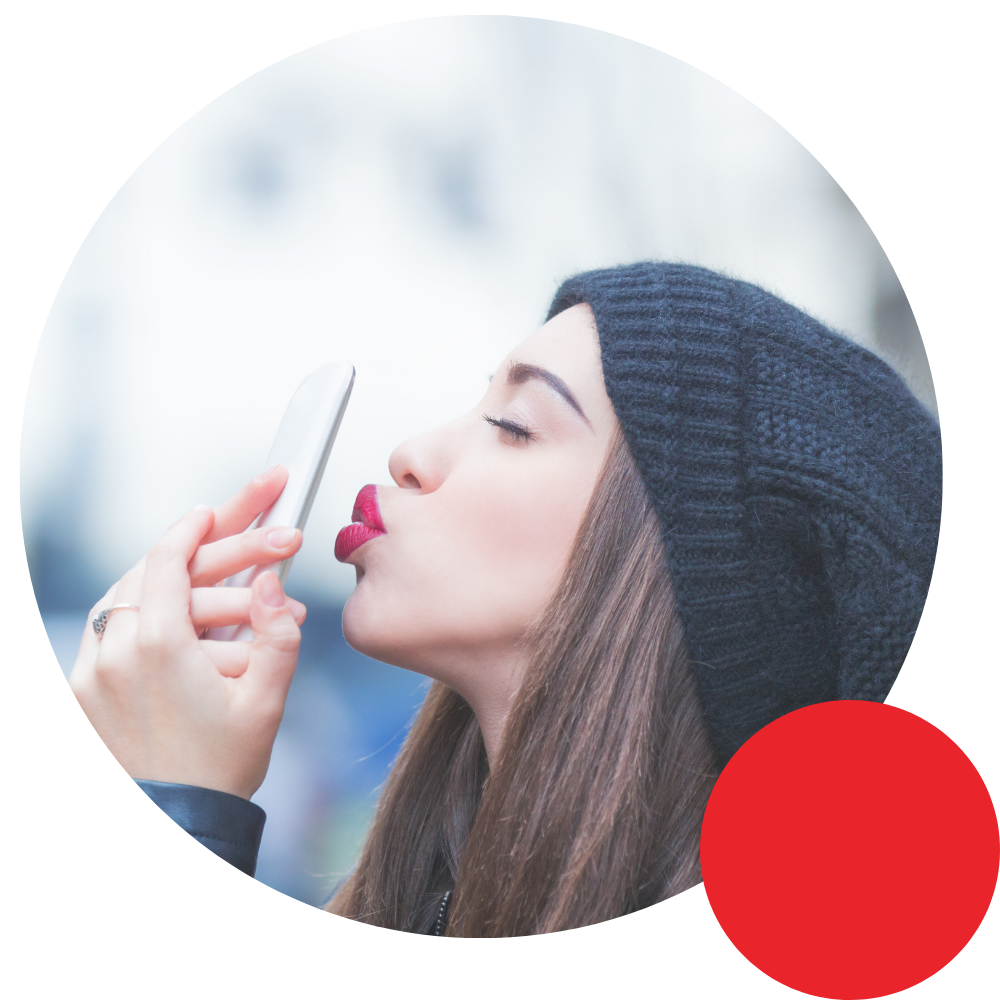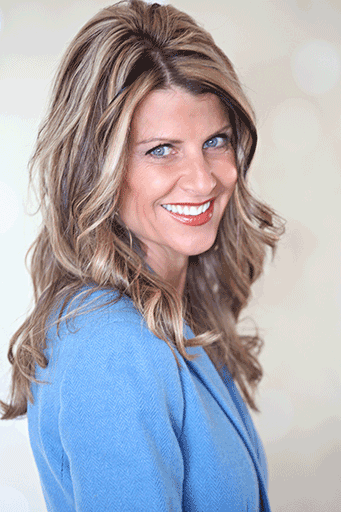Love Addiction Retreats
PIVOT’s Love Addiction Retreat will help you kickstart the healing process and break the cycle of unhealthy relationship patterns.
Our Love Addiction Retreat Will Help You Turn Things Around
Much like substance use disorder or other common addictions, some people develop a pathological condition involving romantic love. While sometimes called love addiction, at PIVOT, we find this behavioral pattern is more aptly termed attachment dysregulation. Join the thousands of clients who have turned their lives and relationships around with the PIVOT Love Addiction Retreat.
At our private retreat house in Northern California, expert facilitators will guide you through our specialized curriculum, supporting your journey with individual and small-group therapy, healthy prepared meals, yoga, and meditation.

Find a Clear Path to Lasting Change at Our Love Addiction Retreat
PIVOT’s Love Addiction Retreat allows you to step back and analyze the connections in your life and the behaviors that affect those connections. The PIVOT Process gives you a clear path to:
- Learn about yourself and your attachment styles
- Release the parts of yourself that are sabotaging relationships
- Heal emotional wounds and achieve balance
- Understand what you want/need from relationships
- Increase self-awareness and confidence
- Set clear boundaries
- Develop healthy coping mechanisms
- Communicate effectively and honestly with others
Transform Your Relationships With PIVOT
PIVOT offers relationship coaching for individuals, duos, couples, and families, as well as business coaching and love addiction retreats. Reach out to begin the journey to a healthier, happier life. You can reach us at 1-855-452-0707.

About the Founder
Lori Jean, creator of the PIVOT process, is an author, educator, mentor, relationship coach, and public speaker offering solutions for people having relationship challenges. She is passionate and determined to help others. Lori Jean works diligently to repair and restore relationships with self and others – both personally and in the workplace.
She is a trained interventionist and certified relationship, professional, and bereavement coach. She has facilitated trainings to help clinicians see a different perspective when diagnosing and treating process addictions – love addiction, love avoidance, sex addiction and codependency. Lori Jean was also the Executive Director of Clinical Operations for Five Sisters Ranch, until the founder retired.
My personal journey has brought me to this work. I navigated through most of my life with a feeling of unmet longing. Most of the relationships that I was involved in were incredibly challenging for me. I was constantly boarding what I call “Crazy Train” to avoid uncomfortable situations. This left me feeling isolated and alone in the world. On the outside, it appeared that I was living a successful life. On the inside, I was a mess. Had I been taught a healthy relational model, my life would have had a very different flavor! When I finally understood how to approach relationships from a healthy perspective, my life started to change. I felt for the first time ever, relational freedom.
Frequently Asked Questions
1. What does PIVOT offer?
The PIVOT Process helps individuals, duos, couples, and families understand their attachment style, create healthier relationships, and start working towards more secure attachments.
We offer personal weekly coaching with a certified relationship coach specifically matched to your needs. For those who want immediate results, we have a love addiction retreat at the Glass House (in Northern California).
2. What are the qualifications of the coaches?
Our relationship coaches are all certified in the PIVOT process. They have diverse backgrounds in therapy and other coaching models.
3. How do we differ from other programs?
We are focused on helping you strengthen your relationships quickly with our tested PIVOT process. What our clients are always impressed with is how much they get from our program and how quickly they feel like they are progressing.
4. How many clients has the PIVOT process impacted?
We have had the privilege to work with thousands of clients. You can read about some of their experiences here.
5. Where are you located?
We are located in Northern California at our beautiful Glass House.
6. What should I expect at your retreat?
Our all-inclusive retreat is conducted at The Glass House in Northern California. Groups are limited to 6 gender-specific clients, and the program offers yoga, meditation, healthy meals, and personal and group coaching.
We focus on high-impact solutions to everyday relationship challenges. Whether you’re working through losing a relationship or letting go of codependency, we will help you identify your needs and set healthy boundaries.